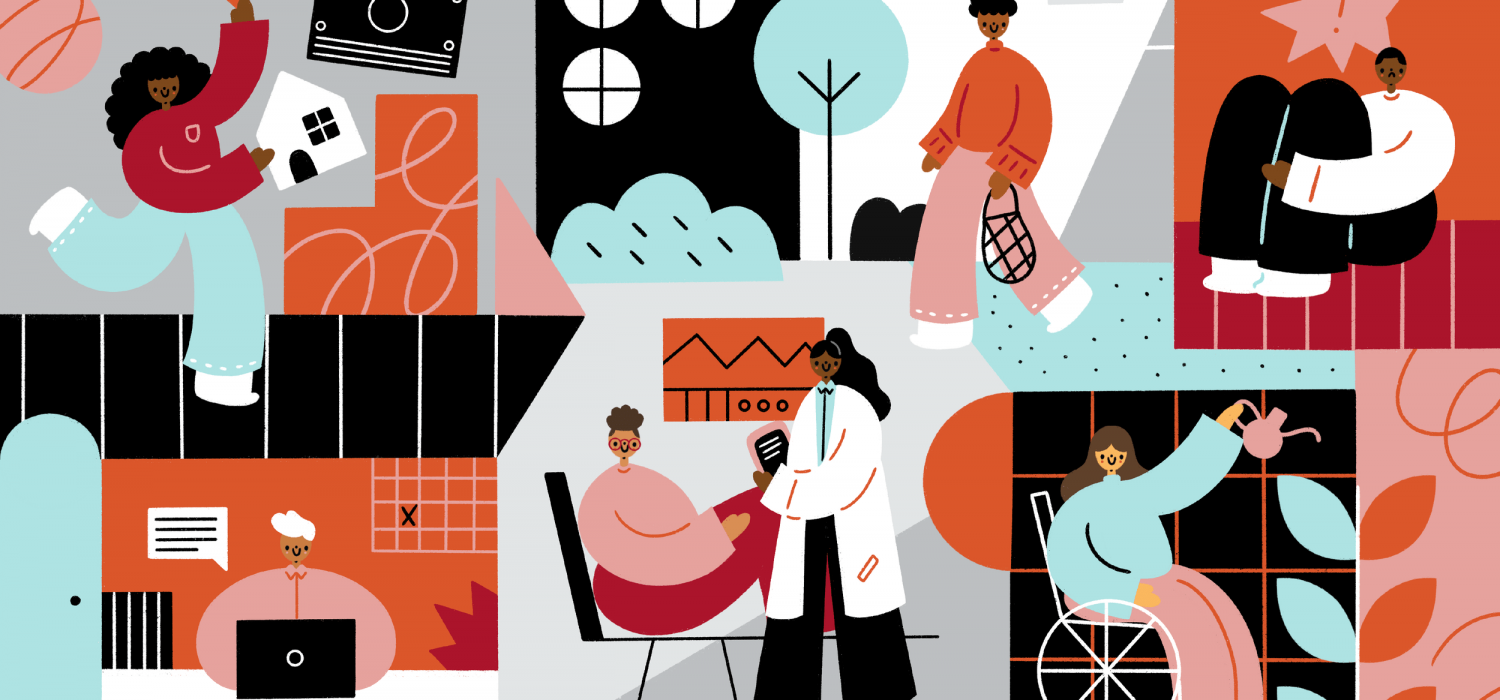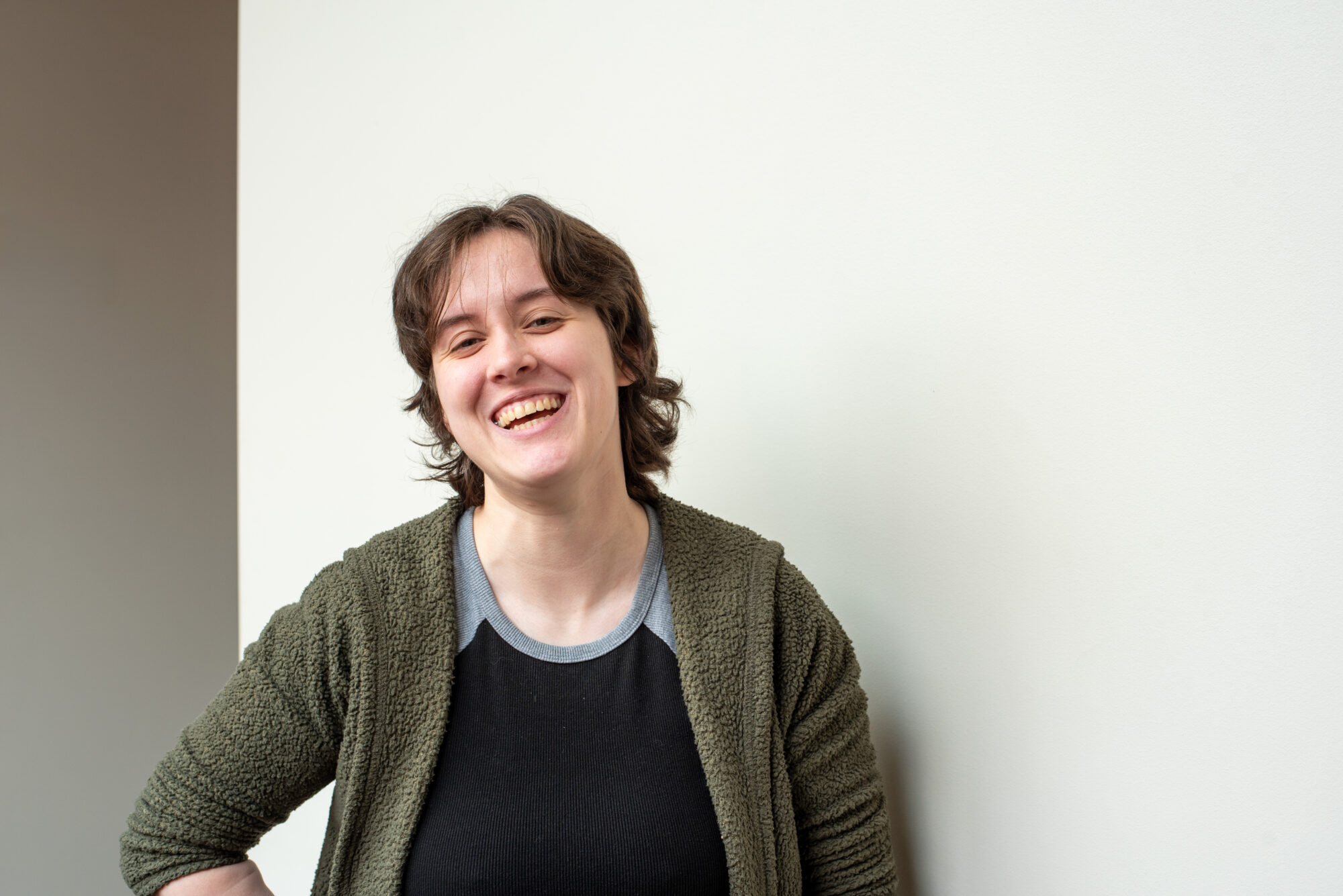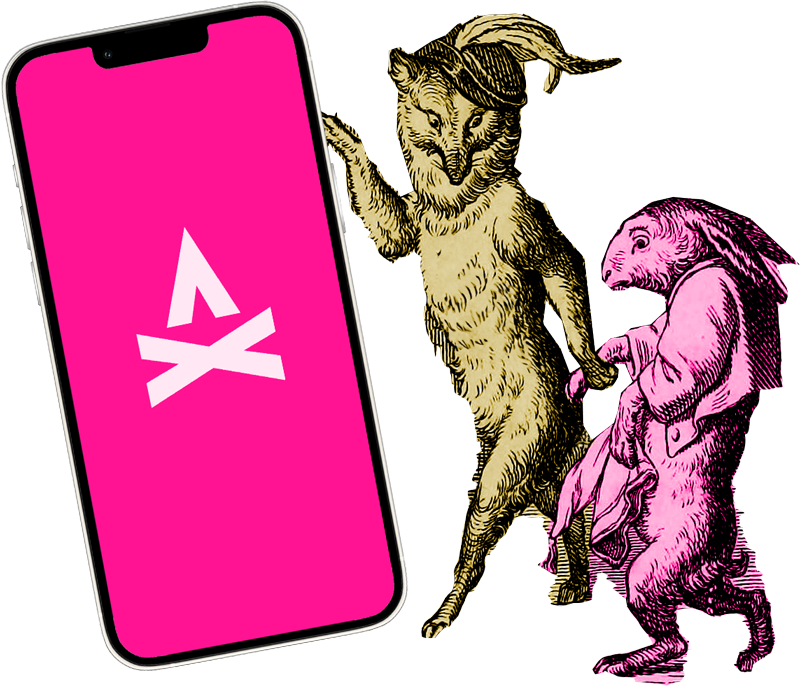(Illustration by Courtney Ahn)
From September 14-15, our team had the privilege of attending the Urban League of Rochester’s second annual Virtual Interrupt Racism Summit.
The Interrupt Racism summit was a two-day, immersive educational event, throughout which we heard from a range of incredible speakers, engaged in important conversations, and held space for folks to share their experiences with racism. The ultimate goal? Interrupting systemic racism in our community. Here’s what resonated with members of the TGW team:
Beal:
In Angela Douglas & Dr. Karen King’s “Intersectional Accomplice Allyship” roundtable discussion, I appreciated the connection between the serious inner work of interrupting internalized racism and the work of dismantling and deconstructing white colonial cultures and systems. Decolonizing ourselves and our organizations requires collective imagination and action. White folks can be accomplices in this—but it’s not a badge or a medal for white folks to “earn.” White accomplices in dismantling systems of oppression are not self-identified; they are enlisted by the oppressed.
Julia:
During Dr. Donna Harris’s talk, entitled “Leading for Racial Justice in Predominantly White Organizations: A Guide for Change,” she discussed the importance of embracing conflict. This really stood out to me because usually, especially in the workplace, we do everything in our power to avoid conflict. Dr. Harris pointed out how oftentimes, corporate/workplace antiracism work still functions to protect white fragility. Therefore, conflict is inevitable (and necessary!) for meaningful change.
Shelly:
In the Equitable Climate Action through Community Involvement session, presented by Brady Fergusson, I appreciated his recommendation for an intersectional climate solution for our region (and the nine surrounding counties) – creating more walkable, accessible cities. The most significant driver of emissions (no pun intended) in the greater Rochester region is transportation at 38%. By recommending that we make our cities more walkable, we would reduce emissions, provide better access to businesses, jobs, and resources to all folks, and create a healthier city for those more directly impacted by climate change.
Raven:
During her keynote presentation, Michelle Williams discussed her journey with mental illness, the stigma of mental illness in certain communities, and great advice on how to get through a crisis or deal with past trauma. A lot of what she said really hit home for me because mental illness runs in my family and I have seen a few loved ones go through the same things that she has gone through.
Courtney:
Particularly in the presentation, Inclusion is Everyone’s Work: On Trauma and Organizational Diversity Planning, I learned more about how racism has been incorporated into and perpetuated by American Capitalism. I was particularly struck by the comparison of modern corporations’ treatment of low-wage workers and sharecropping. Sharecropping, in which farming families live on a landowner’s property in exchange for a share of their harvest, was essentially an extension of slavery in the US, keeping newly freed people stuck working for their former enslavers. Today, many people of color are stuck in a similar cycle, working for business owners that will never provide them with the means to rise out of poverty. It is often generational wealth, which is systematically denied to black families, that gives individuals the opportunity to exit this cycle. A truly anti-racist society must examine and dismantle every system that causes power imbalances such as these, as they provide a platform for racism and other forms of oppression to actualize.
Lily:
I think in general, a good takeaway was that racism exists on a spectrum and that things aren’t always existing in extremes. Just because you’re not an active racist, doesn’t necessarily mean you’re an anti-racist by default. That in-between— between active racism and anti-racism— is just passive racism, where you’re benefitting from the system and not taking action to create change. We as a people have a civic and moral responsibility to educate ourselves and to take genuine action against systemic racism, and if you’re not doing that, you’re not doing enough.
Lisa:
If you’re a WHITE PERSON and wish things to be right and fair, you need to USE YOUR CAPITAL. (And you need to use it now.)
Gavin
I think my biggest takeaway from the conference (and from the Interrupt Racism Cohort we’re taking part in with the amazing crew at Urban League of Rochester) is the appreciation for the wealth of knowledge and leadership in our own backyard here in Rochester, NY. So many inspirational and game-changing individuals doing such crucial work. Dr. Sean Hawkins is certainly at the center of that. Between sessions, during expected and very minor virtual technology hiccups, etc… Dr. Hawkins spoke to each topic with such wisdom and grace as host, answered immediate questions, and just plain ran the show. Another shout out to William River-Bloodworth for yet again organizing and putting on such a great virtual experience for all involved!
